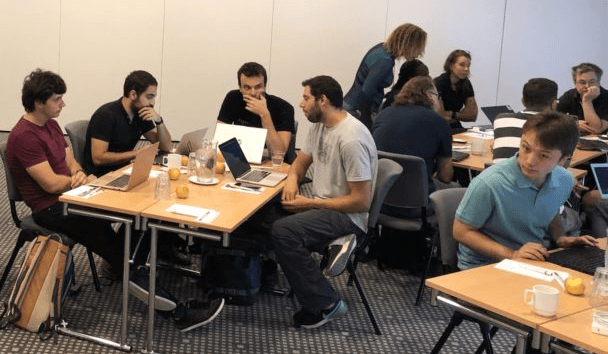By Heather Flanagan
(Note: This is the third in a series of blog posts highlighting key sessions at this year’s Technology Exchange (TechEx), December 9-13, 2019, in New Orleans).
In September 2019, REFEDS (an association of national research and education federations, including InCommon), with the support of NORDUnet and Identity Python, coordinated the first Trust & Identity Hackathon. The event was a great success, with 30 attendees working on aspects of COmanage, the Satosa proxy, thiss.io and SeamlessAccess.Org, and more. You can read about it here.

The hackathon was so much fun, we are scheduling another one in conjunction with the upcoming Internet2 Technology Exchange in New Orleans. This hackathon will run for two days, 10-11 December 2019, concurrent with conference sessions. Participants are expected to step out from the hackathon to attend events as their needs and schedules demand.
But let’s take a step back for a moment. What is a hackathon? Who should participate? What are the goals? A hackathon is an opportunity for developers to come together and code. Participants sit around a table, bounce ideas and questions off each other, and otherwise work together to create something, enhance something, or fix something in a code base. What a hackathon is NOT: it is not a tutorial, nor is it a presentation or conference session, and it is not suitable for non-developers.
Hackathons tend to be very popular in highly technical collaborations. For example, the IETF (the primary standards organization for everything from routing to email on the Internet) runs a two day hackathon with hundreds of developers showing up to see what they can do to implement different standards. GitHub facilitates a variety of hackathons for developers to create new features to enhance how communities around the world might use GitHub to their best advantage. And the Trust and Identity hackathons work on different technologies to improve the identity infrastructure available to academia (and any other interested parties).
While some of the projects have been identified, if you have interest in working on another project, proposed topics are being collected on the REFEDS T&I hackathon wiki page.

